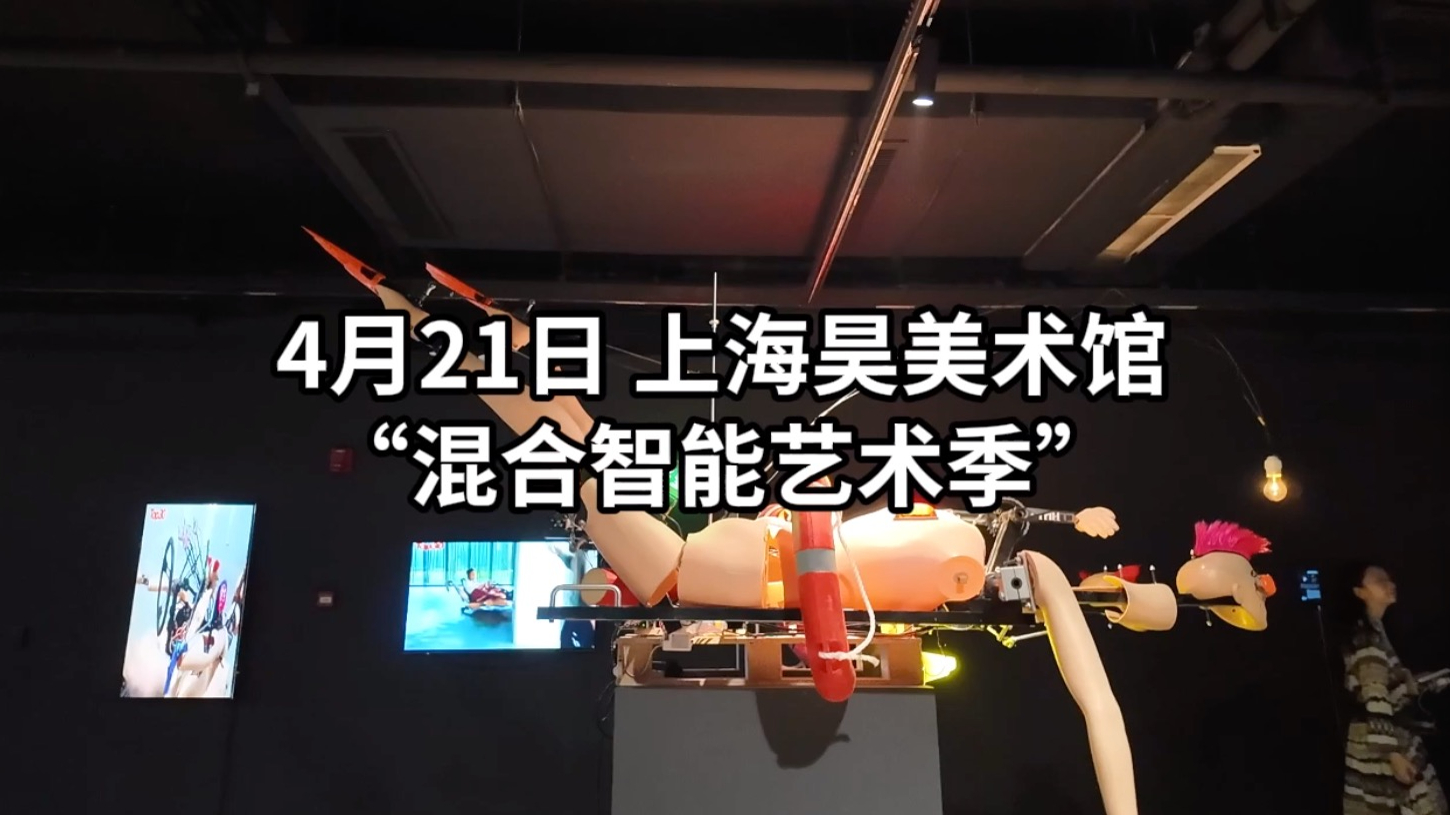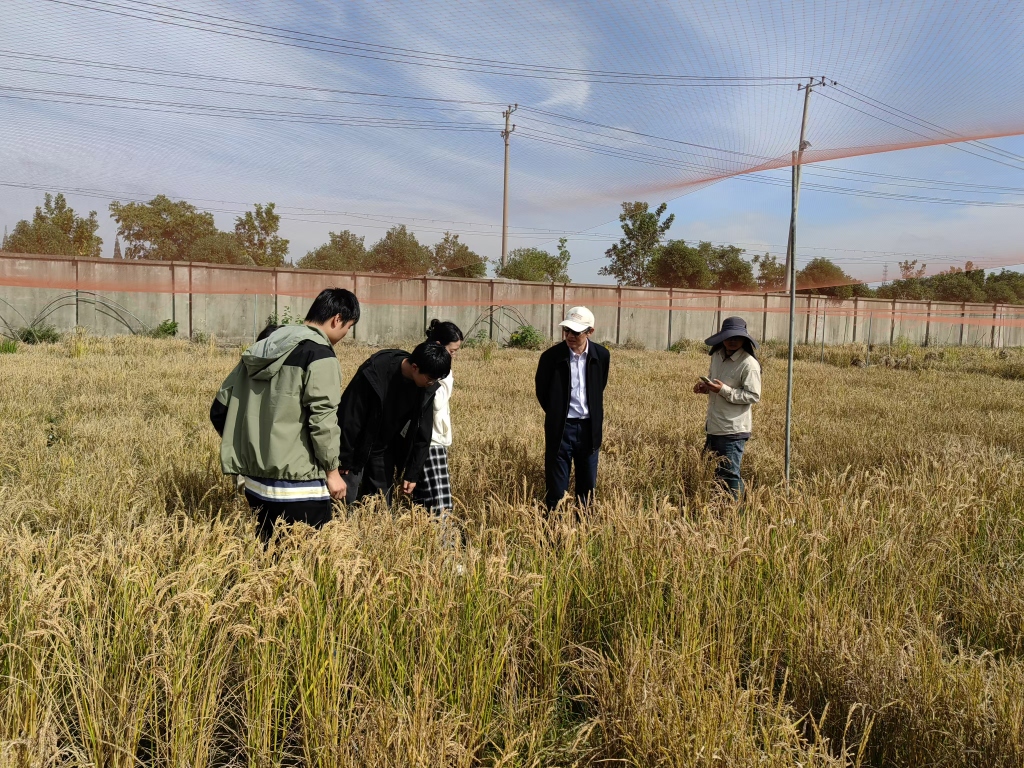
In the 2024 Nobel Prize awards for science, two major prizes are related to artificial intelligence research. The Physics Prize was awarded to a pioneer in machine learning who previously received the Turing Award, followed shortly by the Chemistry Prize, which was also partly awarded to a "programmer".
Not only were the Nobel laureates surprised to receive their award calls, but the Nobel Prize organization also initiated two polls, emphasizing the interaction between artificial intelligence and fundamental science. One question was: "Did you know that machine learning models are based on physical equations?" The other was: "Did you know that artificial intelligence is used to study the structure of proteins?"
Many are puzzled as to why this technology term, which has only recently entered the public eye, has captivated the attention of the Nobel Prize committee and emerged as the "big winner" among this year's science awards.
Assisting in Tackling Problems Traditional Scientific Methods Struggle with
The achievements recognized by the Nobel Prizes in Physics and Chemistry not only signify groundbreaking advancements in fundamental science but also demonstrate that artificial intelligence has become an important tool in advancing these fields. Utilizing this technology, scientists are able to construct new models based on previous research, process vast amounts of data, update traditional methodologies, and accelerate research, propelling significant progress in multiple areas of fundamental science.
Thanks to this year's Nobel Prize in Chemistry being awarded to Demis Hassabis and John Jumper from Google's DeepMind for their design of the artificial intelligence model "AlphaFold," we can now predict the three-dimensional structures of nearly all proteins found in nature.
Another recipient who made notable contributions to protein design, David Baker from the University of Washington in Seattle, emphasized that the prediction of protein structures truly highlights the power of artificial intelligence, allowing researchers to apply AI methods to protein design significantly enhancing both capability and accuracy.
Artificial intelligence is helping researchers solve problems that traditional scientific methods find difficult to tackle. Professor Livka Isaacson, a molecular biophysicist at King's College London and an early tester of AlphaFold, stated, "We traditionally rely on labor-intensive experimental methods to analyze protein shapes, which can take years. The resolved structures are then used to train AlphaFold. Thanks to this technology, we can bypass this step, dive deeper into exploring protein functions and dynamics, ask different questions, and potentially open up entirely new research territories."
The “Collision” of Fundamental Science and Artificial Intelligence Generates Tremendous Energy
This year's two major science prizes not only acknowledge the laureates and their accomplishments but also showcase the tremendous energy that can be generated from the collision of deep insights in fundamental science and innovations in computer science.
The 2024 Nobel Prize winners in Physics, John Hopfield and Geoffrey Hinton, are seasoned figures in the field of machine learning. They utilized principles of physics to design artificial neural networks, laying the groundwork for today's powerful machine learning technologies. Meanwhile, these relevant technologies have been leveraged to advance research across multiple disciplines.
"It is precisely the principles of physics that provided the ideas for these two scientists, and on the other hand, their research findings have been applied to advance research in various fields, including particle physics, materials science, and astrophysics, as well as in computer science," said Ulf Danielsson, secretary of the Nobel Physics Committee, in an interview with Xinhua News Agency.
When discussing the achievements of the Nobel Prize in Chemistry, Ewan Birney, Deputy Director of the European Molecular Biology Laboratory and Director of the European Bioinformatics Institute, emphasized that this artificial intelligence tool is built upon decades of experimental work, benefiting from a culture of open data sharing within the global molecular biology community.
Transforming Research Paradigms to Break Through Academic Boundaries
The recognition of artificial intelligence technology by the Nobel Prize committee also reflects the important exploratory trend of artificial intelligence's integration with multiple disciplines, driving scientific research to transcend traditional boundaries.
According to Nobel Chemistry Committee member Xiaodong Zou, the intersection of technology and fundamental science is set to become the norm in the future, with artificial intelligence technology acting as a core driving force in this integration, propelling scientific research to continuously break free from traditional frameworks and achieve broader and deeper innovations.
On the other hand, the rapid advancement of artificial intelligence has sparked concerns about the future. Ellen Murns, chair of the Nobel Physics Committee, stated that humanity has a responsibility to use this new technology in a safe and ethical manner. Nobel Prize winner Hinton also remarked during a phone call that these technologies will have a profound impact on society, but we must remain vigilant about the potential threats they could pose.
There is no doubt that the paradigm of traditional scientific research is shifting. By starting with problems and seeking solutions through artificial intelligence technology, we are not only set to revolutionize fields such as biology, chemistry, and physics but also to foster the integration of various disciplines, pushing scientific research to break boundaries and profoundly influencing the future of humanity.
Charlotte Dean, Executive Chair of the Engineering and Physical Sciences Research Council at UK Research and Innovation and Professor of Structural Bioinformatics at the University of Oxford, expressed that it is exciting to engage in scientific work today, particularly in these interdisciplinary areas, because artificial intelligence is not only starting to solve genuinely difficult problems but is also changing the way we conduct scientific research.
As Birney stated, "The potential of big data combined with artificial intelligence and technological development is limitless—and this is just the beginning."


